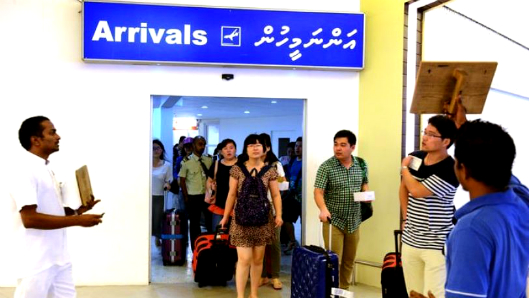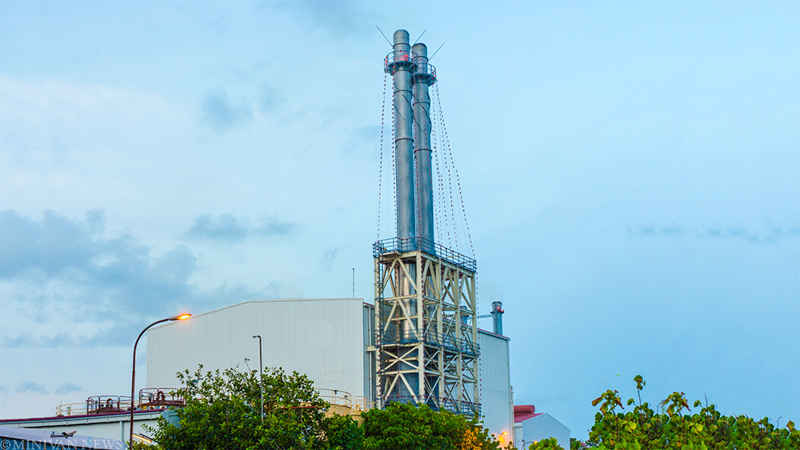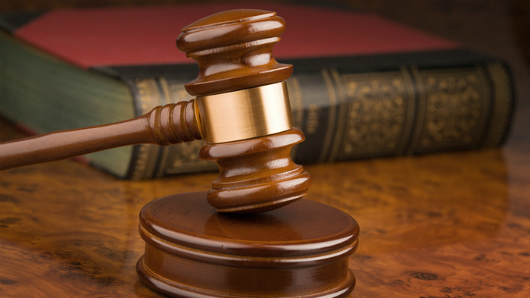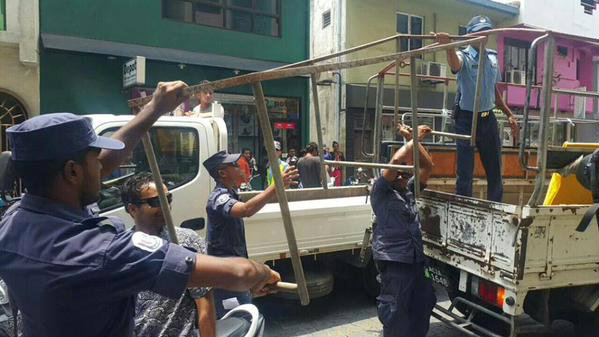The main opposition Maldivian Democratic Party (MDP) has suspended protests in the People’s Majlis (parliament) chamber as it meets with the speaker to seek a negotiated solution to a standoff with the government.
Parliament resumed providing a live feed of sittings to television stations, a popular service which had been suspended for over a month while the MDP parliamentarians protested with whistles, sirens and megaphones in the chamber.
MDP spokesperson Imthiyaz Fahmy said the minority parliamentary group was awaiting a response to a letter sent to Speaker Abdulla Maseeh Mohamed expressing concern over parliament sittings allegedly taking place in violation of procedural rules.
“And as a meeting has been arranged between MDP parliamentary group leader and the Majlis speaker, the MDP parliamentary group has decided to halt the protest to give room for discussions,” the MP for Maafanu North said.
Imthiyaz told Minivan News that the MPs were not boycotting the sittings, as reported in other media. The MPs were inside the parliament building, but were not entering the chamber, he said.
“Because if we go inside we will have to protest,” he said.
Since parliament returned from recess in March, MDP MPs have been protesting on the Majlis floor with sirens, whistles and megaphones, calling for the release of former president Mohamed Nasheed, who was jailed last month for 13 years on terrorism charges.
However, Speaker Maseeh continued proceedings despite the disorder in the chamber.
Parliament also ceased providing a live feed of the sittings to television stations while the debate on bills was inaudible to the viewing gallery.
The parliament secretariat told local media that the actions and words of the MPs during the protests were “against societal norms and unfit for public viewing”.
In the absence of the MDP MPs, debate and voting at today’s sitting proceeded without incident.
However, amendments submitted to the constitution by government-aligned MP Ahmed Amir were not put up for a vote at today’s sitting due to the lack of a quorum.
Amending the constitution requires the support of a three-quarters majority of the 85-member house.
A quorum of 64 MPs was needed to call the vote, but only 45 MPs were in attendance. The MDP has 21 MPs while at least 13 more are opposition-aligned.
Amir had proposed removing two clauses from article 231 of the constitution, clauses which specify that local councils shall be elected for a three-year term and that chairs and deputy chairs shall be elected through a secret ballot by councillors.
The Maldives Development Alliance MP for Dhaal Kudahuvadhoo proposed specifying both the terms and process of electing chairs and deputy chairs in the Decentralisation Act.
Earlier in the sitting, preliminary debate began on a public service media bill, during which several ruling Progressive Party of Maldives MPs expressed gratitude to the minority party MPs for ceasing their disruptive protests.
The government-sponsored legislation seeks to replace the current state broadcaster – the Maldives Broadcasting Corporation (MBC), which operates a television station and radio channel – with a new public service media company.
The company is to be operated by a seven-member governing board appointed by the president and approved by parliament. If the law is passed, the MBC and its executive board would be dissolved.
During the debate, pro-government MPs criticised the state broadcaster for not providing enough coverage of the government’s services, programmes, and development projects.
Several MPs also accused the state broadcaster of focusing too heavily on the capital and ignoring events and developments in the atolls.
Following the debate, the bill was accepted for consideration with 43 votes in favour and one abstention, and was sent to committee for further review.
Debate also began on amendments submitted to the Elections Commission Act by Deputy Speaker ‘Reeko’ Moosa Manik, who proposed mandating the commission to oversee and conduct presidential primaries of political parties.
Separately, the former MDP chairperson – who was expelled from the party last year after repeatedly defying three-line whips – declared that he will be the main opposition party’s presidential candidate for 2018, although the party says its candidate is former president Nasheed.
The Independent MP for Hulhuhenveiru told parliament that he was ousted for announcing his intention to challenge Nasheed for the party’s ticket, claiming that that the opposition leader’s family controls the MDP.
He also criticised the MDP’s new alliance with the religious conservative Adhaalath Party and the Jumhooree Party. Both parties were responsible for the fall of the MDP government in February 2012, Moosa said.
Moosa’s bill was accepted with 44 votes in favour and sent to committee.







